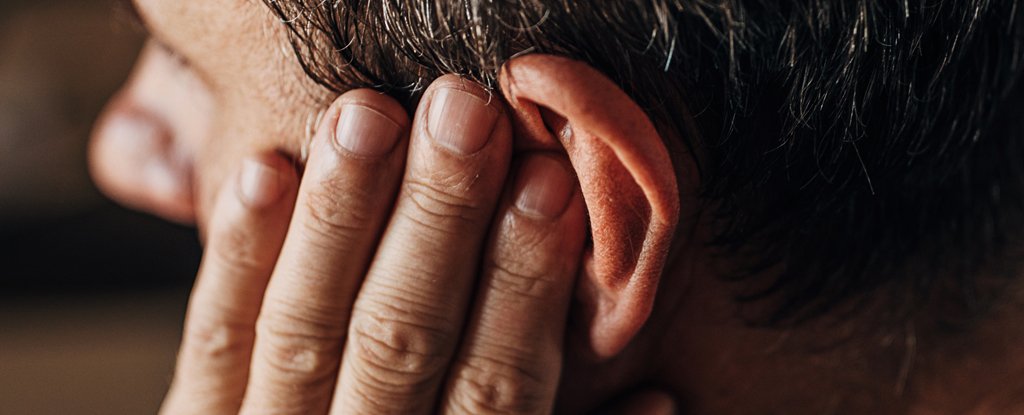Tinnitus Linked to Sleep: New Insights from Research

OXFORD, UK – New research suggests a connection between tinnitus and sleep, offering potential pathways for treatment.
Around 15 percent of the world’s population suffers from tinnitus, a condition characterized by hearing sounds like ringing or buzzing without an external source. While often associated with hearing loss, tinnitus can also significantly impact mental health, leading to stress and depression, particularly in those experiencing it for prolonged periods.
Immediate Impact
The absence of a cure for tinnitus makes managing or treating it vital for millions. Recent studies indicate that sleep might hold the key to understanding and potentially alleviating this condition.
Key Details Emerge
Tinnitus is considered a phantom percept, where the brain perceives sounds that do not exist. While such perceptions typically occur during sleep, individuals with tinnitus experience them while awake. This anomaly may be linked to altered brain activity, particularly in areas associated with hearing, which remain unusually active.
“Most people only experience phantom perceptions when they’re asleep, but for people with tinnitus, they hear phantom sounds while they’re awake.”
Expert Analysis
According to Linus Milinski, a Doctoral Researcher in Neuroscience at the University of Oxford, understanding the brain mechanisms underlying both tinnitus and sleep could pave the way for new treatment strategies. Milinski’s team has identified several brain mechanisms that connect these two phenomena.
By the Numbers
- 15% of the global population affected by tinnitus
- Higher prevalence of stress and depression in tinnitus sufferers
- Potential link between sleep stages and tinnitus intensity
Background Context
During sleep, the brain undergoes various stages, with slow-wave sleep being the most restful. This stage involves distinctive waves of brain activity that help neurons recover from daily wear and tear. However, in people with tinnitus, certain brain regions may remain overactive, disrupting this process and leading to lighter, interrupted sleep.
Research suggests that despite these disturbances, some deep sleep phases remain unaffected by tinnitus. This may be due to brain activity during deep sleep suppressing tinnitus symptoms.
Treating Tinnitus
Understanding how tinnitus changes during sleep could offer insights into managing its intensity. Techniques such as sleep restriction paradigms, which involve going to bed only when tired, might enhance slow-wave activity, potentially improving sleep quality for tinnitus patients.
Future research could focus on monitoring sleep stages and brain activity simultaneously to explore how natural brain processes might alleviate tinnitus.
What Comes Next
The research team, including Fernando Nodal, Victoria Bajo Lorenzana, and Vladyslav Vyazovskiy from the University of Oxford, emphasizes the importance of further studies to explore the interplay between sleep and tinnitus. Such investigations could lead to innovative treatments that improve the quality of life for those affected.
This article is republished from The Conversation under a Creative Commons license. Read the original article. An earlier version of this article was published in May 2022.






